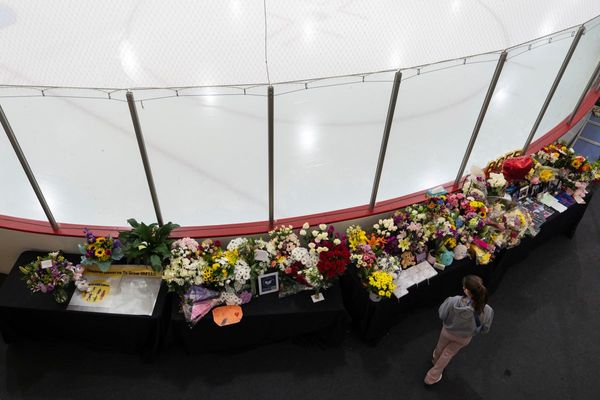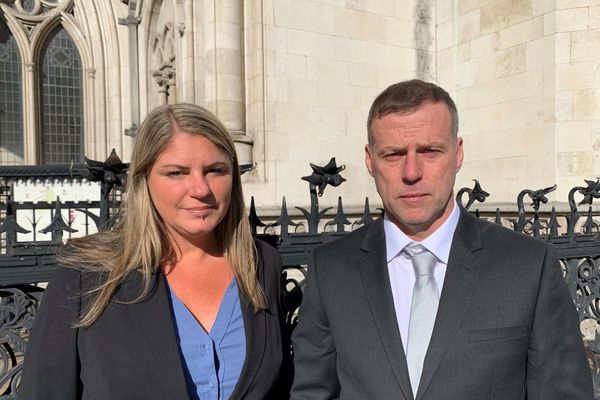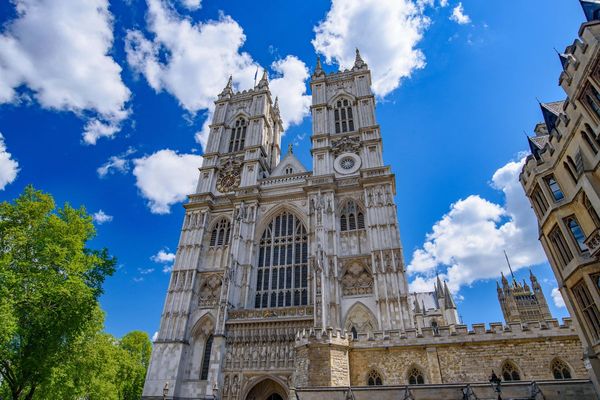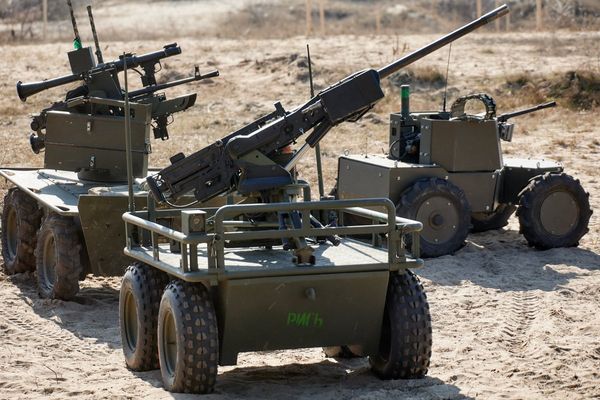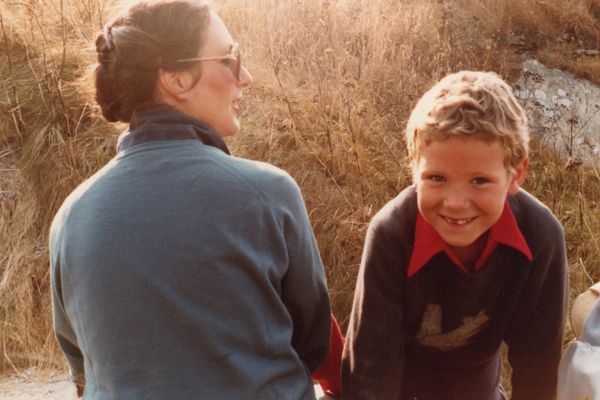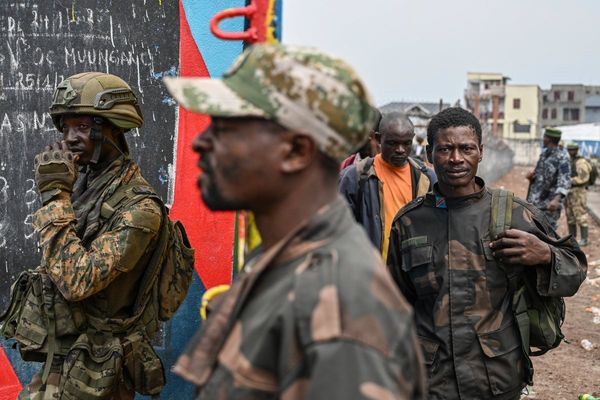
Insurrection. It’s a word I didn’t expect to hear at the campaign launch for Peter George, the independent candidate running in the Tasmanian seat of Franklin. But that’s how George characterised what he’s planning: “An insurrection, a rebellion of Tasmanians against the big parties who have misruled for as long as anyone can remember.”
It’s bold rhetoric for a not even remotely marginal seat (in 2022 Labor MP Julie Collins’ post-election margin was a very safe 13.7%). It drew enthusiastic cheering from the crowd of around a hundred cool, woke grandparents, ready to mobilise in an uprising — for the state, for the nation, and for their grandkids.
Ordinarily, Crikey might not have covered this political contest at all, but with George in the running (and my convenient Tasmanian relocation), a few factors make Franklin not only a compelling race to follow but also a study in the tensions and issues defining federal politics in the state.
‘Our commons are all being sold off’
You might recognise George from his former career as a Four Corners journalist and the ABC’s first Middle East correspondent. But locally he’s better known recently for campaigning against salmon farms as president of the non-profit Neighbours of Fish Farming.
To put it in the simplest terms, shit from the huge volumes of salmon grown in pens and excess feed is polluting Tasmanian waters, increasing nitrogen levels. This creates algal blooms, low oxygen and “dead zones”, disturbing the ecosystem of local waterways. The 11 farming leases in Macquarie Harbour on the state’s west coast are responsible for 9,500 tonnes of salmon — and the impending extinction of the Maugean skate, a stingray that lives only in that one harbour.
The entire industry is run by three multinational companies: Tassal, Huon and Petuna. According to The Australia Institute, each has paid no tax since 2019. Salmon Tasmania says the industry contributes more than $700 million yearly to the state’s economy and represents around 5,000 jobs. It’s state capture, George says: “a reflection of the way that our commons are all being sold off”.
The environmental and political issues surrounding salmon farming might not be well understood nationally, but with Anthony Albanese and Peter Dutton each making two photo-op visits to salmon farms in 2024, it has become a federal election issue. Hell, even the AFR thinks so.
The major parties’ focus has been on the seats that represent most of the jobs: Braddon, a northwest seat that’s changed hands frequently since the late ’90s, currently held by Liberal Gavin Pearce with an 8% margin; Bass, covering Launceston and the northeast, held by Liberal Bridget Archer on a 1.4% margin; and Lyons, covering central and east Tasmania, the Tasman peninsula and some of Hobart’s eastern shore. Lyons is currently held by Labor’s Brian Mitchell on a tiny 0.9% margin but will be contested by former state opposition leader Rebecca White.
That was a lot of names, and here’s one more: Salmon Tasmania’s chairman is Lyall Howard, nephew of former prime minister John Howard. It’s a detail worth knowing; dynastic names mean a lot down here.
The campaigning on salmon jobs in Braddon, Bass and Lyons might not have bothered Collins too much. But George’s profile and decade of advocacy bring the issue to her electorate. That might not have mattered, if she was not the minister for fisheries — but she is, and so will have to toe the party’s pro-farms line despite Franklin being what Toxic author Richard Flanagan called “ground zero for destruction of the waterways by the salmon industry”.
Also a problem for Collins in this cost of living election is her time as housing and homelessness minister. On the state’s median household income of roughly $80,000, you could afford only 9% of the properties sold in Tasmania in 2024. The latest rental affordability data puts single working parents and minimum-wage couples in Tasmania in the “critically unaffordable” category. The rate of homelessness is increasing, although not as rapidly as in other states.
Difficult, but not impossible
Although Franklin is not a marginal seat, George tells me he’s heard whispers his candidacy has Labor worried. In 2022 Collins suffered a 7.3% swing against her in first preference votes. The Greens secured 17% of first preference votes — as an independent, that’s the number he’ll have to beat.
That’s not to say it will be easy. In fact, without the financial backing and blanket marketing of a major party, it will be very hard. The first campaigning challenge is geography, as Franklin is effectively split in three: the eastern shore suburbs, Bruny Island, and southern Hobart through to the Huon Valley. It’s a lot of ground to cover, and a lot of population diversity, including lower socioeconomic areas like Clarendon Vale, the affluent Bellerive, and the older population of the Huon Valley.
George also goes against the Climate 200 model of a successful community independent that’s currently having its moment. He is not a middle-aged, professional woman in an inner-city or suburban seat. He is also not David Pocock. The only successful independent in a regional or rural seat was Helen Haines in Indi, reelected for the second time and following the path forged by her predecessor Cathy McGowan.
The $100,000 figure supposedly required to run a successful independent campaign looms large in the background. “We know that we’re going to be challenged financially to match the big parties,” George admits. “But if we’re fast and furious and much more of an insurrection” — that word again — “than a political campaign, we will be able to get some direction within the community.”
Difficult, but not impossible. In the 2024 state election, rural Braddon elected “angry fisherman” and staunch environmentalist Craig Garland as one of its seven lower house representatives (who also backs George’s campaign).
There is a constant, bristling tension between environmental caretaking and jobs-and-economy rhetoric in Tasmania that represents the political question being presented to the entire country. A false dichotomy, of course, but that’s how the message is being sent and received nonetheless. George reckons he can thread the needle and convince his electorate that this is not a zero-sum game.
In the past year living in Tasmania, I’ve been told a few times that it’s a bellwether state. I’m not sure that’s strictly true, but regardless, it’s hard to imagine a scenario where George wins Franklin and Labor retains a majority government. We’re about to find out.
Have something to say about this article? Write to us at letters@crikey.com.au. Please include your full name to be considered for publication in Crikey’s Your Say. We reserve the right to edit for length and clarity.
